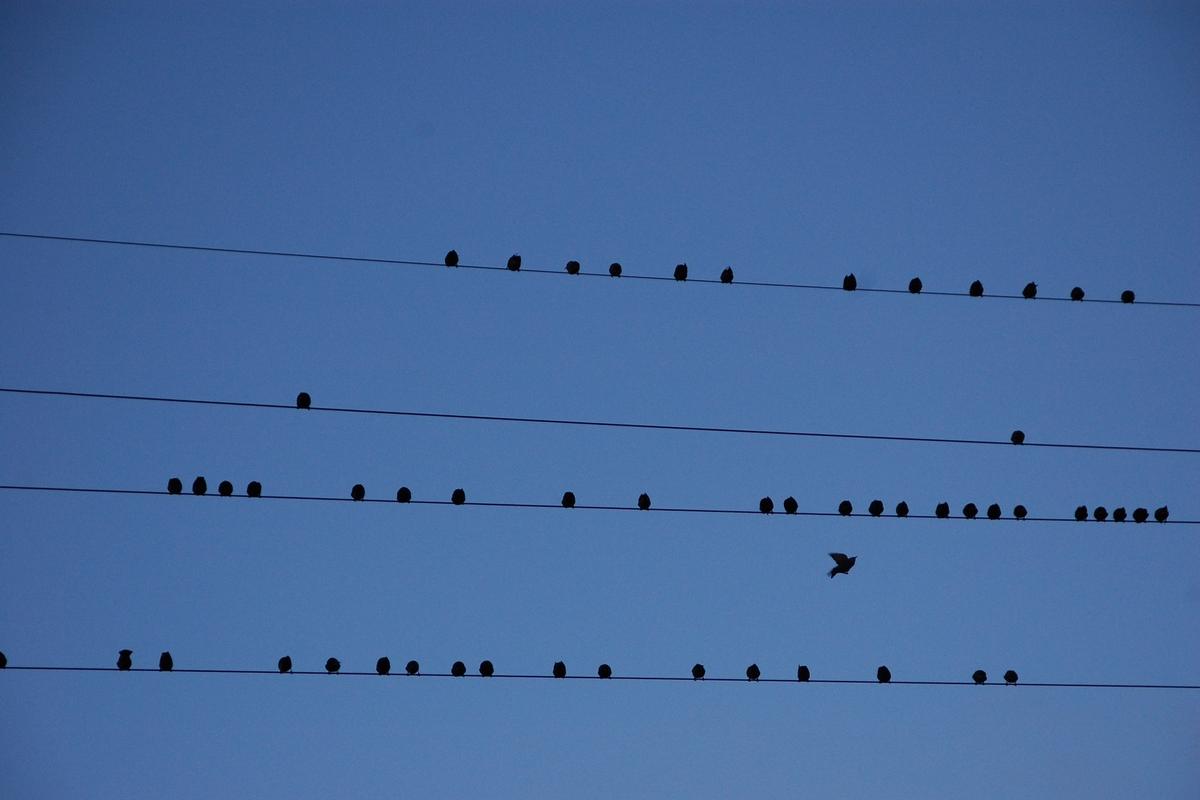By Mia Armitage
Ms. Armitage won second place in the C category in the LEAF Academy Essay Competition. She chose the topic "Attitude of Slovak people toward immigrants". She studies at Škola Pre Mimoriadne Nadané Deti, a primary school for gifted children, in Bratislava.
In 2022, Globsec published a new study, revealing some shocking and disturbing data. According to their research, as much as 52 percent of their Slovak participants viewed Ukranian refugees negatively, going as far as to claim that these war victims should not be receiving help from the government and shouldn’t have access to free healthcare. Such an anti-refugee mindset can be somewhat startling to the society of the 21st century, but if we take a closer look at the attitude exhibited we find that it is nothing new. In fact, the attitude of Slovaks towards immigrants in general has been and still is very hostile.
To support this, we can first look at the findings of the European Social Survey. In this study (which took place before the conflict in Ukraine, displaying Slovak hostility is an ongoing problem) nearly a third of the respondents expressed their opinion against welcoming any immigrants, with merely 7 percent being open to allowing all immigrants. The opinion was mostly based on the immigrants' race or ethnicity not being the same as the rest of the native population, showing that Slovaks struggle with accepting people who are different from them. Slovaks are afraid of the unknown, being very prejudiced when it comes to who they will allow to find a home in their country. But where does this prejudice come from?
To start, aggressive behavior is generally displayed, when people feel threatened (whether or not this fear is justified). For many Slovaks this distrust comes from the belief that foreigners are bad for the economy. They fear that immigrants may create unwanted competition on the job market and steal jobs from the natives. And this isn’t completely unfounded, as one theory suggests, that in countries with developing economy, migrants pose a threat in the labor market for individuals with a lower education or salary. Foreigners have the tendency to be employed in jobs that require less qualification, meaning they create more competition on the market. The indicated also explains why a hateful attitude is more common in villages, where a lower living standard and poverty is more widespread than in the cities.
However, what most Slovaks don’t realize is that since immigrants are willing to do the aforementioned jobs that don’t require much qualification, they are actually helping the local economy, owing to the fact that however unpopular these jobs may be, they need to be done. For instance construction workers, who build roads and buildings for the whole country, are often of a different nationality, meaning Slovaks actually profit from their work, not the other way around.
Another fear many Slovaks have exhibited is that they think foreigners undermine national values and endanger the culture. This explains why natives are especially hostile towards muslims or people coming from the Middle East, as in relation to traditional Slovak culture there is a direct conflict of faith.
But if people were willing to give foreigners a chance, they would find that the opposite is true. Foreigners deeply enrich local culture, through bringing new influences and ideas, challenging world views and values or helping communities to think critically and innovatively. For example, I have personal experience with multicultural enrichment, being partly Slovak and partly Canadian. Because Canada is very open towards foreigners, whenever we visit, I am always amazed by the diversity, beauty, but most importantly the harmony people live in, despite their many racial, ethnical, or religious beliefs. People seem to be much more tolerant and aware than over in Slovakia. Therefore Slovaks desperately need to accept new people and influences amongst them to promote a cultured and mature view of the world, which helps people to fight against disinformation and political manipulation, something many Slovak communities are struggling with right now.
Lastly, it seems, that a small minded view of welcoming immigrants is not only a generational problem. When asked if they feel threatened by immigrants, the response from young people was very much the same as that of older individuals.6 This effect can be explained through Slovaks’ own history, but more importantly, in how this history is presented today.
To quote Dominika Hajdu, policy director of Globsec, “One of the most prevalent narratives circulating in society, including the education system, purports that Slovaks have been constantly oppressed by external forces, nations and countries, be it the Austro-Hungarian Empire or 20th century powers. This narrative has been regularly adapted during every crisis and also used to demonize certain groups of people or country(ies).”
The ongoing spread of this narrative causes people to fear foreigners, making them believe that all who come to Slovakia wish to take away their freedom. But this is obviously unsupported, which is illustrated even in our previously mentioned example of the Ukrainian refugees, who come to Slovakia primarily to escape war, not to colonize.
To sum everything up, Slovaks still struggle with accepting foreigners, because of their prejudices. Whether it’s believing that immigrants are bad for the economy, culture, or that immigrants are here to endanger freedom, these suppositions come from false narratives and only hinder Slovaks from experiencing growth and the advantages a multicultural population has to offer. My hope for the future is, that Slovaks would come to change their nationalistic mentality and offer a helping hand to those who need it, reaping the inconspicuous rewards in return.
The English Essay Competition is organised by LEAF Academy, an international boarding high school in Bratislava. The competition is open to all Slovak students from primary and secondary schools who are passionate about writing in the English language.

 "Slovaks still struggle with accepting foreigners, because of their prejudices." (source: Pixabay)
"Slovaks still struggle with accepting foreigners, because of their prejudices." (source: Pixabay)